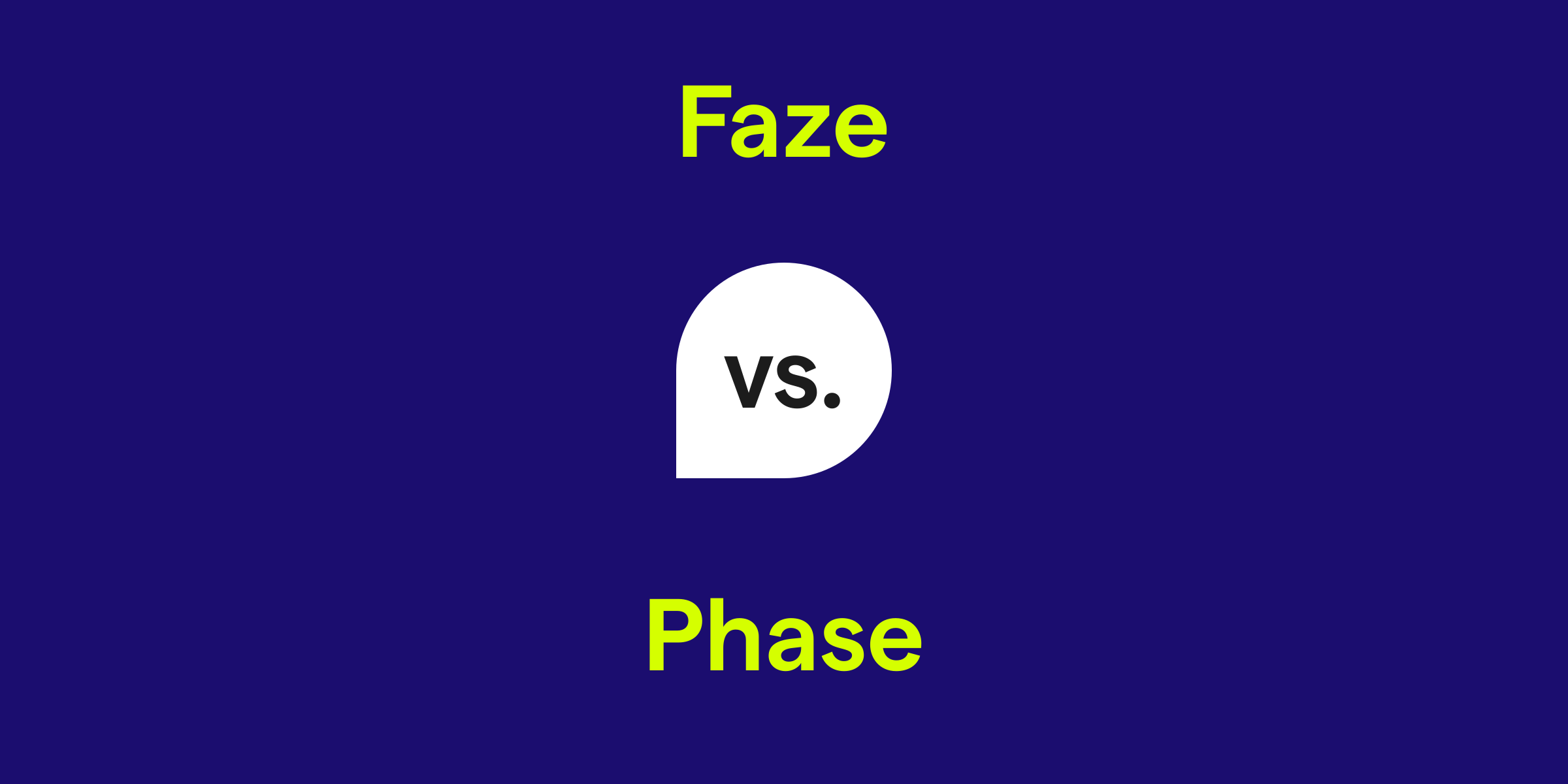Faze vs. Phase: What's the Difference?
Although faze and phase are homophones, meaning they sound alike, they have distinct meanings and uses. Faze is a verb that means to disturb or disconcert someone. Conversely, phase is a noun referring to a stage in a process of change or development. It can also be used as a verb to describe the introduction or removal of something in gradual stages.

How do you use the word faze in a sentence?
The word faze is used to express the action of disrupting someone's composure. It often appears in contexts where an individual remains undisturbed by events or challenges that might typically upset others. The word carries a sense of resilience against disturbance or distraction.
Examples of faze in a sentence
- The harsh criticism did not faze the experienced actor; they went on with the performance perfectly.
- Tough challenges at work don't faze me; I see them as opportunities to learn.
- Surprisingly, the sudden thunderstorm didn't faze the hikers at all.
How do you use the word phase in a sentence?
The word phase as a noun is used to describe a particular stage in a process or life cycle, often indicating a temporary period. As a verb, it suggests the act of planning or carrying out in steps or stages. Phase can be employed in a wide array of contexts, from scientific to everyday situations.
Examples of phase in a sentence
- The first phase of the construction project is already complete.
- As teenagers enter the rebellious phase, parents need to be more understanding.
- The company decided to phase out the old version of the software by the end of the year.
Faze and phase definition, parts of speech, and pronunciation
Faze definition:
Faze (verb): To disturb or disconcert; to cause someone to be disturbed or discomposed.
Faze parts of speech:
Faze pronunciation:
Faze: /feɪz/
Phase definition:
Phase (noun): A distinct period or stage in a process of change or forming part of something's development. Phase (verb): To carry out in gradual stages.
Phase parts of speech:
Phase pronunciation:
Phase: /feɪz/
Faze (verb): To disturb or disconcert; to cause someone to be disturbed or discomposed.
Faze parts of speech:
- The loud noises didn't seem to faze the meditating monk at all.
- The child's refusal to eat vegetables no longer fazes the experienced parent.
Faze pronunciation:
Faze: /feɪz/
Phase definition:
Phase (noun): A distinct period or stage in a process of change or forming part of something's development. Phase (verb): To carry out in gradual stages.
Phase parts of speech:
- The project is currently in the planning phase.
- They decided to phase in the new policies over the next few months.
Phase pronunciation:
Phase: /feɪz/
Faze vs. Phase in a nutshell
Though they sound the same, faze and phase serve different purposes. Faze, as a verb, refers to affecting someone's composure or confidence, while phase might be a noun for a stage within a larger process or a verb signaling transformation in increments. Mastering the difference between these homophones can enhance clarity and precision in communication.
Get AI Writing Assistance Wherever You Type
Make sure your vocabulary is on point and every punctuation mark is in the right place, no matter where you’re working. Grammarly works across more than 1 million websites and apps so you can improve your writing without copying, pasting, or breaking focus.

More Commonly Confused Words
Interest piqued? Pore (not pour) over other commonly confused words to help your writing reach peak (not peek) performance.